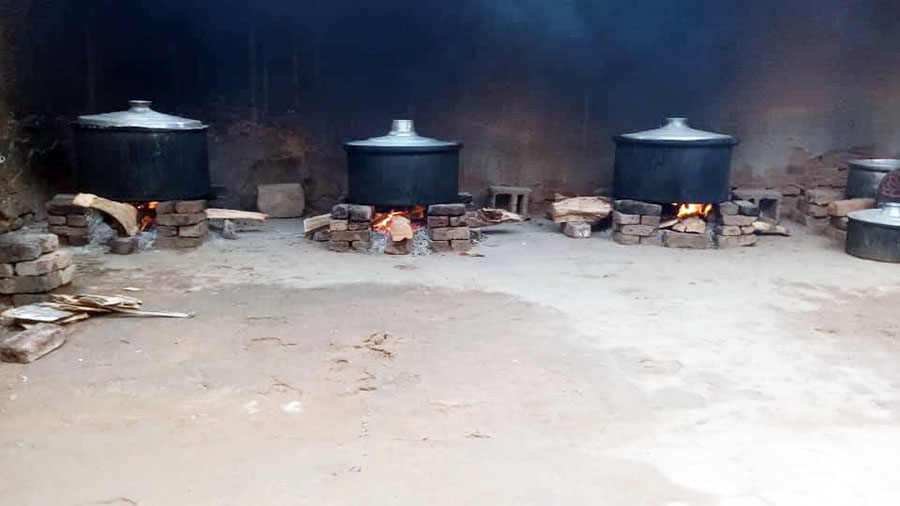
Urgent Memo to the Human Suffering Department – File No. 731
Louay Al-Faki
It was decided that meals would be distributed today, according to the schedule prepared by the Lost Hope Committee. However, the queue, as usual, did not adhere to the schedule, perhaps because no one knew the schedule at all. It was hung on a wall dripping with mud, and an old cat slept next to a rusty nail.
Hundreds of citizens, or what remained of them, gathered in front of the Balila Tekiya in Omdurman. They did not come for the love of lentils, but because hunger—as the saying goes—is more convincing than rhetoric. Women with dry faces hid their loss under dresses that had lost their original color; children with wide eyes asked, "Is there still tomorrow?"; and elderly people, no longer able to stand, turned their waiting into a chair and silence into a pillow.
No one in the area knew when the war began, nor when it would end, but everyone knew that the meal—if there was one—was not enough. They knew that cooking was done outside of time, and that the queue only moved when someone fell asleep or fell.
A childs cry caused a slight disturbance in the queue. He wanted something simple: a pinch of salt. But salt, he was told, "has national repercussions." Some of the attendees laughed, a dry, throaty laugh. It wasnt a laugh of mockery, but a desperate resistance to decay.
At sunset, the ladle stopped scooping. It was said that the food had run out. It was said that the hospice had been called for an emergency in another, hungrier place. No one objected; they were accustomed to being exempt from emergencies.
Women gathered the hems of their robes, children bit their fingers to keep from crying, and the sheikhs stared into the void as if seeing it for the first time.
Recommendation:
Temporarily close the file, until further notice. Transfer those standing to the waiting list, and those waiting to the "remaining" register. No need for responses; they had forgotten to ask.
The report was finished, but the paper floated away and settled in a stagnant pool of water, where no one read it.

